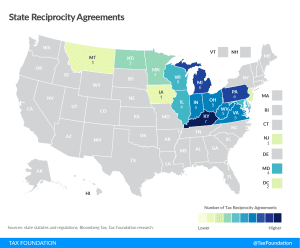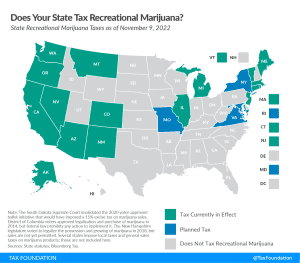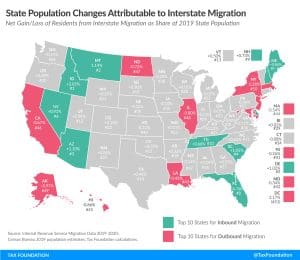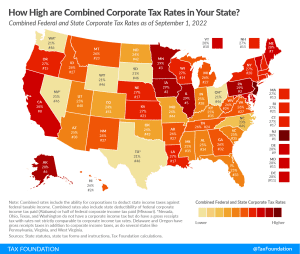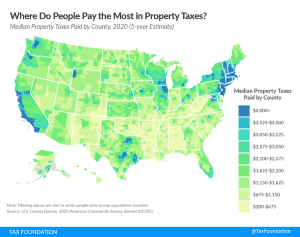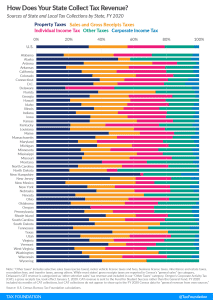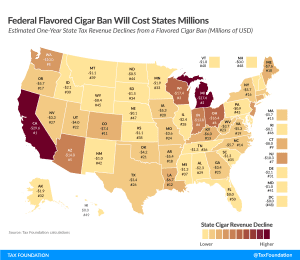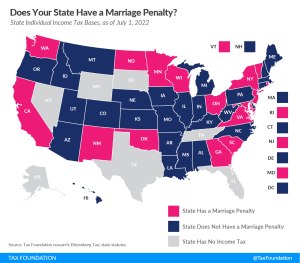Do Unto Others: The Case for State Income Tax Reciprocity
Remote and flexible work opportunities are here to stay, whether states like it or not. With enhanced opportunities to take their job with them wherever they please, more workers can factor tax burdens into their decision of where to live.
15 min read
